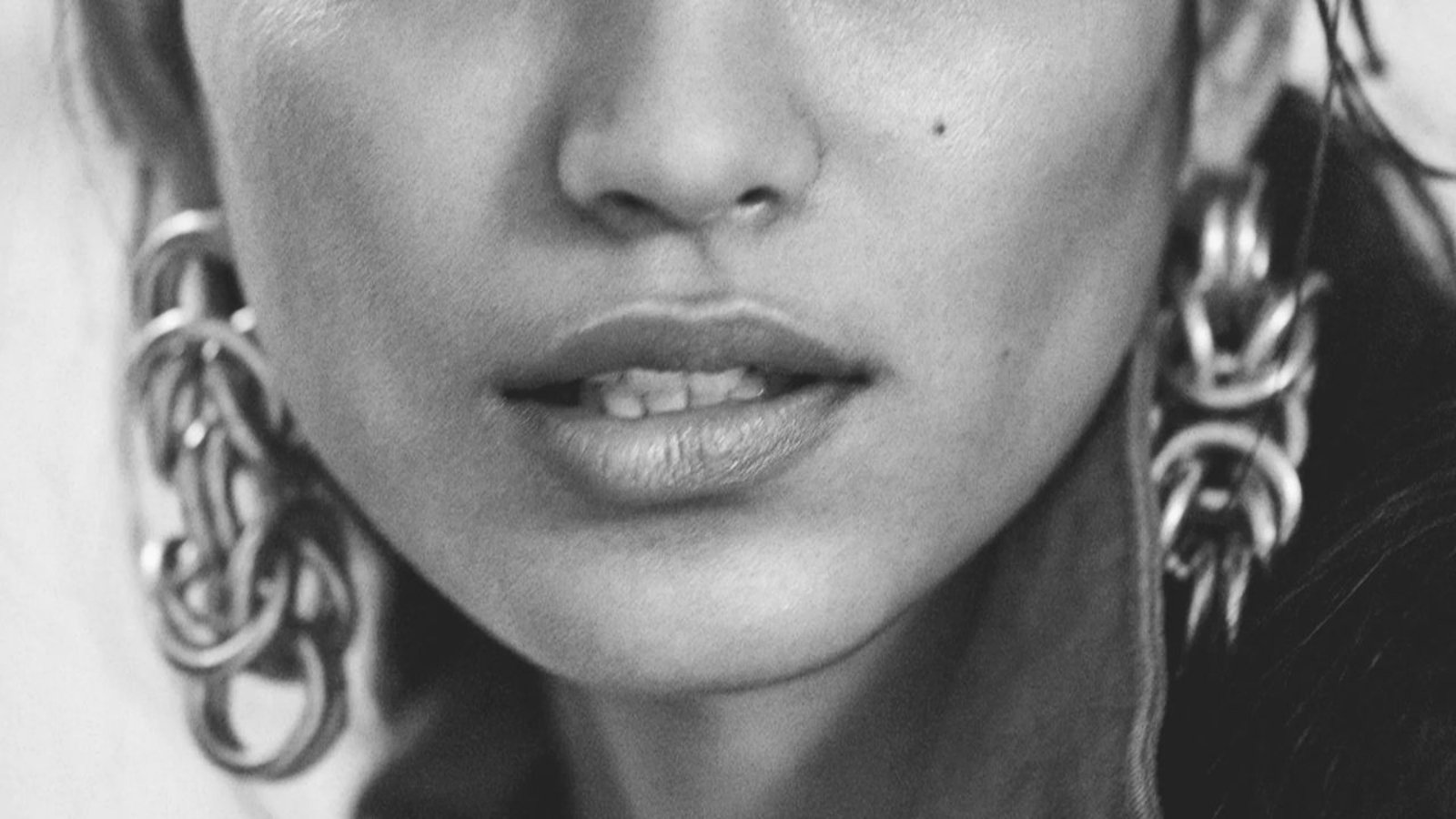“Every woman you know is fighting a lifelong battle against a single chin hair.” That viral tweet, recently written by stand-up comedian Julia Claire, has garnered more than 41,000 likes and counting—so it sounds like she might be onto something.
Hey, we’ve certainly been there. Sometimes you just happen to catch a glimpse of yourself in the mirror and suddenly there’s a chin hair right there, in all its glory, protruding from the same spot it always mysteriously appears in, even though you could swear you plucked that sucker like a month ago.
Responses to Claire’s tweet may have been just as relatable as the original thought: “You never see it growing. It’s either freshly plucked or 3 inches long,” one person tweeted. “That thing is not of this realm. Dark forces summon it overnight because I cannot accept that it’s been growing all this time and I didn’t notice it until it was Rapunzel length,” another added.
Of course, chin hair (or any facial or body hair, for that matter) is “absolutely normal in everyone” and nothing to be ashamed of, regardless of your gender, Susan Massick, MD, associate professor of dermatology at the Ohio State University Wexner Medical Center, tells SELF.
That said, it’s also totally fine if you prefer to remove any of your body hair, including the ones on your chin that seemingly sprout overnight. Chin hair can seem different and even tougher than other hairs on your face, and there’s a reason for that. The hairs on your body can generally be divided into two camps: vellus hairs, which are usually lighter, thinner, and smaller (peach fuzz); and terminal hairs, which are darker, thicker, and longer.
Your body—including your face and neck—is covered in vellus hair, but sometimes vellus hair can turn into terminal hair, board-certified dermatologist Ife J. Rodney, MD, FAAD, founding director of Eternal Dermatology and Aesthetics and professor of dermatology at Howard University and George Washington University, tells SELF. The culprit, she says, is usually testosterone; everyone has this hormone in their bodies, but some people produce more of it than others and each person’s hair follicles react to varying hormone levels differently. Cis women “mostly have vellus hair with very few thick dark hairs on the face,” Cindy Wassef, MD, assistant professor at the Rutgers Centre for Dermatology, tells SELF.




Add a Comment